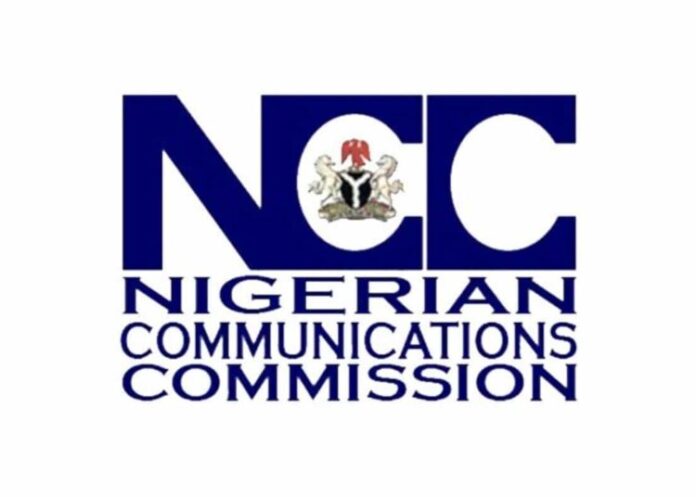By Milcah Tanimu
Nigeria’s telecommunications sector is on the brink of significant disruption as leading telecom operators threaten to implement load shedding in response to the Nigerian Communications Commission’s (NCC) refusal to approve a tariff increase. This comes as the industry grapples with soaring operational costs, including rising diesel prices, infrastructure maintenance expenses, and the depreciating naira.
Telecom giants like MTN and Airtel have reported substantial financial losses due to these economic challenges. MTN, which had 79.7 million subscribers as of December 2023, reported a first-time loss of N137 billion after tax since its 2019 listing, largely due to foreign exchange (FX) losses amounting to N740 billion. Similarly, Airtel Africa, with 50.9 million Nigerian subscribers as of March 2024, recorded a $89 million loss for the full year, driven by FX challenges, particularly the naira’s devaluation.
Both MTN and Airtel executives have expressed concern over the sustainability of their operations under the current economic conditions. Carl Cruz, CEO of Airtel Nigeria, and Karl Toriola, CEO of MTN Nigeria, have both highlighted the adverse impact of the naira’s rapid devaluation on the industry, warning that without a tariff increase, investment in the sector will dwindle further, potentially leading to its collapse.
Despite repeated pleas from the telecom operators, the NCC has remained silent, causing growing frustration within the industry. The operators have warned that if their demands are not met, they may resort to load shedding—rationing network availability in certain areas to reduce operational costs. This move could lead to widespread disruptions in mobile and internet services, affecting millions of Nigerians.
Engr. Gbenga Adebayo, Chairman of the Association of Licensed Telecom Operators of Nigeria (ALTON), stated that operators might have to prioritize certain regions over others to sustain their businesses. The NCC, however, has yet to respond to these escalating concerns, with insiders suggesting the regulatory body is hesitant to comment due to the complex nature of the issue.
Jide Awe, CEO of Jidaw Systems Limited, pointed out the dilemma faced by the NCC, noting that while the telecom operators’ financial struggles are legitimate, any tariff increase could further burden Nigerian consumers, who are already dealing with a high cost of living. Awe emphasized the need for a balanced approach that considers both the telecom sector’s sustainability and the economic realities faced by consumers.
Meanwhile, NIGCOMSAT, through its head of marketing and stakeholders’ engagement, Olufunke Fagbeja, has announced efforts to partner with telecom operators to ease the financial burden associated with infrastructure costs. This includes potential partnerships with equipment manufacturers to secure telecom equipment at reduced rates, and initiatives to support local production of telecom equipment through its Accelerator programme aimed at advancing satellite technology in Nigeria.
As the situation remains unresolved, the threat of load shedding looms, with the potential to disrupt communication services nationwide if the NCC and telecom operators fail to reach a compromise.

